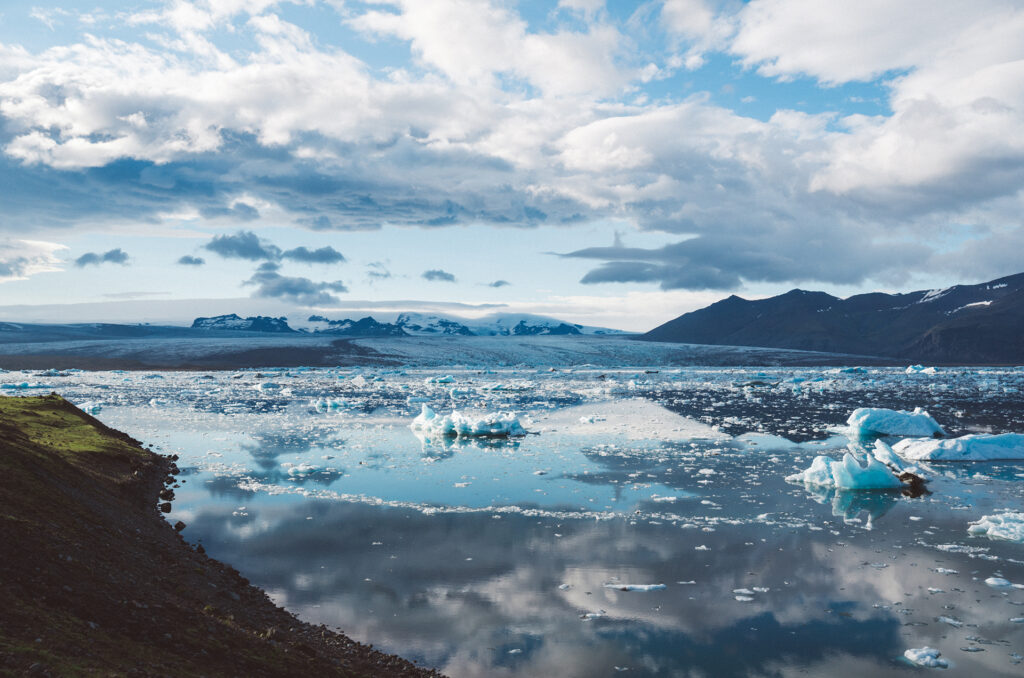Around 100 Weber State University Students gathered over lunch in the Shepherd Union ballrooms on November 15 to discuss solutions to climate change.

“The problem is wicked but the conversation isn’t,” Myla Andersen, assistant director of the American Democracy Project, said. “You can still have a productive conversation with people who are different.”
The event coincided with Deliberative Dialogue Day, a day appointed for the discussion of social issues affecting the world in a civil manner. “Civility” is this year’s theme of the Engage Learning Series at Weber State, a campus-wide series of events addressing issues of public concern.
WSU was one of several higher education institutions across the United States participating in the Deliberative Democracy initiative organized by The American Democracy Project and sponsored by The American Association of State Colleges and Universities.

The focus of the forum was not to debate, but to discuss the problems of and solutions to climate change. “We don’t want there to be any ‘experts’ in the room,” WSU Student Association American Democracy Project Chair Erin Dominguez said.
During the opening remarks of the forum, Dominguez elaborated on how to have a deliberative and engaged discussion.
“A lot of times people listen to respond instead of to understand,” Dominguez said.
Students seated themselves in groups of seven at tables after taking advantage of the lunch buffet. A moderator joined each table to help the conversation progress and kept anyone from monopolizing the conversation.
Three options were presented to students in a small booklet printed by the National Issues Forums Institute and North American Association for Environmental Education: sharply reduce carbon emissions, prepare and protect our communities and accelerate innovation.
Each of the options offered advantages and disadvantages, as well as positive and negative impacts and difficulties in implementation.
At the end of the discussion, students were asked to state which option they preferred. WSUSA Clubs and Organizations Team Member Sami Johnson selected the proposed option of accelerating innovation.
“I think the biggest thing is to educate people,” Johnson said.
Previous discussion topics on Deliberative Dialogue Day have included marriage equality, immigration, firearms on campus and health insurance.
Political Science Professor and Democratic Engagement Coordinator Dr. Leah Murray hoped that the forum opened a dialogue and a channel for understanding with different people over heated socio-political issues.
“It’s an opportunity to have a high-stakes conversation in a low-stakes way,” Murray said.
Murray also hopes that the practice helps students engage more civilly with friends and relatives with differing opinions during the upcoming Thanksgiving holiday.













